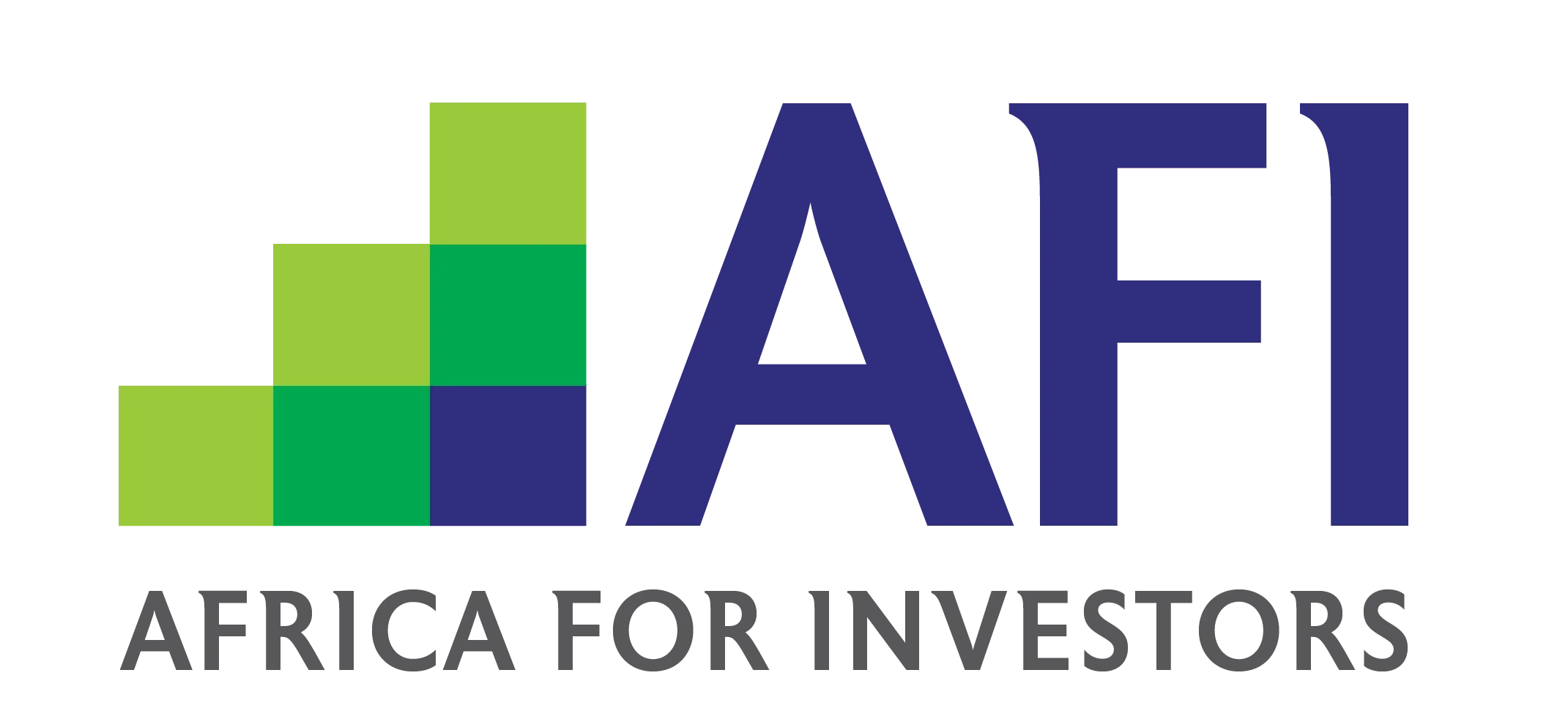
*Note: Name, Email and Phone Number are mandatory.

Setup Pasta Production Business in Africa
What if the next global pasta powerhouse isn’t Italy or the U.S., but Africa?
In a world where traditional pasta producers struggle with climate change, supply chain disruptions and soaring production costs, Africa emerges as a beacon of opportunity for pasta production business. With its abundant raw materials, sustainable practices and investor-friendly policies, the continent is poised to redefine the global pasta industry. Let's delve into how Africa is not just participating but leading in this culinary revolution.
For decades, countries like Italy, the United States and Turkey have defined the global pasta industry, with centuries of tradition and strong export infrastructure. However, these established markets are now showing significant vulnerabilities. Italy, the largest pasta exporter in the world, has seen a considerable decline in wheat yield, with global durum wheat output falling by over 10% in 2023. This has led to concerns around supply consistency and product pricing, especially as Italy faces frequent heatwaves and prolonged droughts due to climate change.
In parallel, European nations and the U.S. are experiencing energy crises and inflation spikes, raising overall pasta production costs by 20–30%, which has especially hurt small-to-medium producers. (Financial Times)
Additionally, global wheat supply chains have been destabilized in recent years by geopolitical tensions, most notably the war in Ukraine. These disruptions have impacted wheat availability and logistics, leading to a dramatic 30% surge in pasta prices in the United States alone between 2022 and 2023. (USDA Economic Research Service)
These setbacks in traditional markets present a compelling opportunity for newer regions like Africa to enter and thrive in the global pasta space.
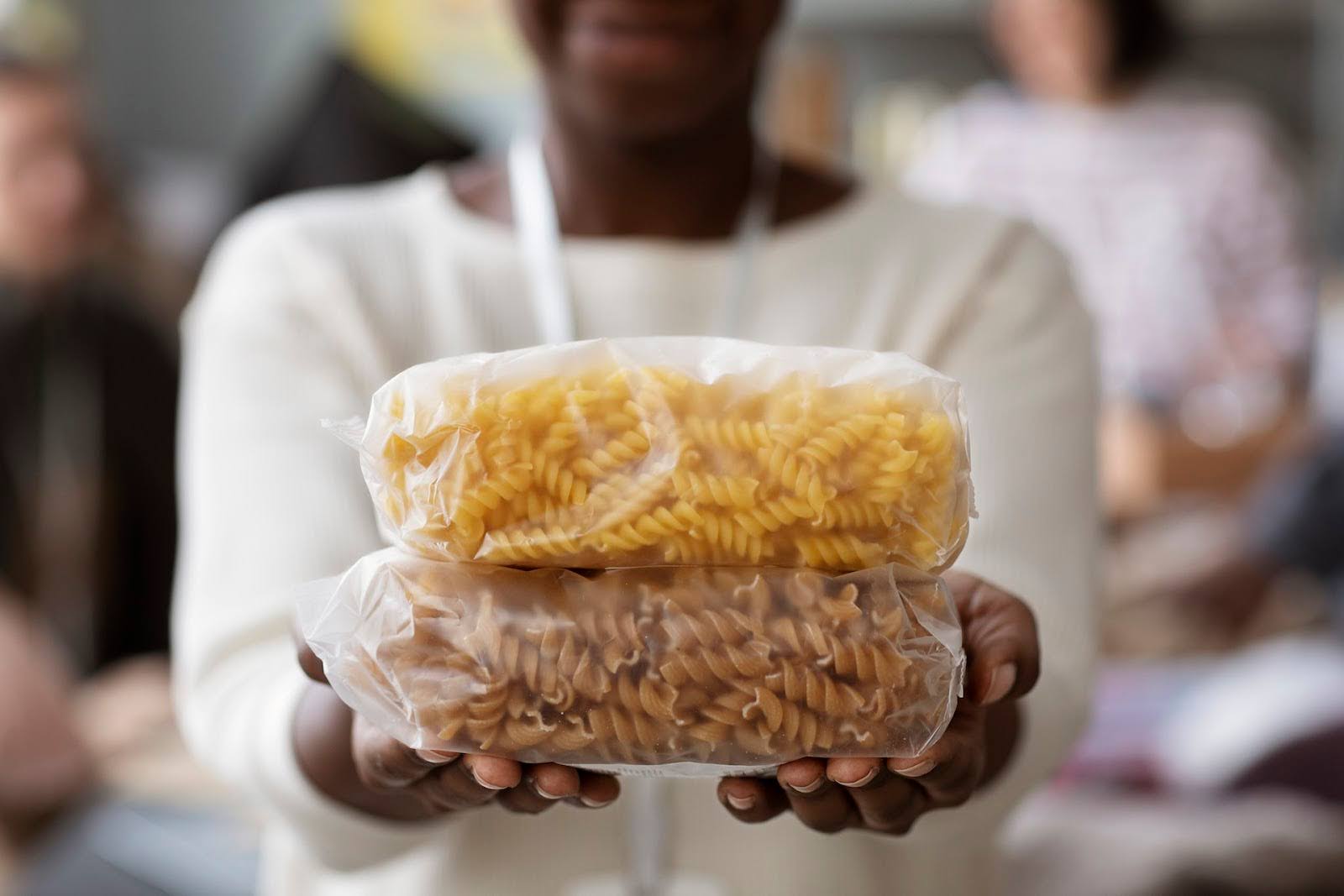
Africa is undergoing a remarkable transformation—from a net importer of pasta to a fast-emerging producer with export potential. According to IndexBox, the continent’s pasta production reached 1.2 million metric tons in 2024, growing at a compound annual growth rate (CAGR) of 4.5%. This number is expected to climb above 1.5 million tons by 2035.
Africa's demand is also increasing, driven by urbanization, population growth and a rising middle class. For instance, Ghana’s pasta imports have grown at a staggering CAGR of 41.5%, underscoring both the consumption appetite and the need to localize production.
Critically, Africa has the agricultural backbone needed for this industry. Countries such as Nigeria, Ethiopia, Senegal and Mali are investing in large-scale wheat production and research. Nigeria alone produced approximately 1.25 million tons of wheat in 2023 and is pushing local R&D to develop durum wheat varieties ideal for pasta making, as noted by the Food and Agriculture Organization (FAO).
With shorter supply chains and abundant local resources, Africa is well-positioned to not only meet domestic demand but to become a competitive exporter in the global market.
Several African nations are already building specialized ecosystems that support pasta production and related agro-processing industries.
In Benin, the Glo-Djigbé Industrial Zone (GDIZ) offers a robust infrastructure for agro-processing, including cereals and wheat. Developed by Arise IIP in collaboration with the government, this zone provides 10-year tax holidays, customs-free export systems and world-class logistics. The zone's proximity to ports and West African markets makes it a strategic hub for pasta investors.
In Gabon, the Gabon Special Economic Zone (GSEZ) has gained international recognition, including the "SEZ of the Year" award in 2022 [Source]. It offers zero percent VAT on exports and is equipped with renewable energy and circular economy principles. Investors operating here benefit from reduced operational costs and gain access to certified green infrastructure.
Meanwhile, Côte d'Ivoire’s PEIA Industrial Zone in Abidjan is rapidly becoming a food-processing hub, with 5–10 years of corporate tax exemption, simplified licensing and a skilled workforce.
Nigeria, as Sub-Saharan Africa’s leading wheat producer, is not only focusing on raw material availability but also improving its business environment. According to the World Bank’s Doing Business Report, Nigeria was ranked 131 globally in 2020, with steady improvements in areas like business registration, electricity access and credit availability. Investors are increasingly drawn by its domestic demand, government-backed wheat R&D and policy support.
South Africa and Egypt are also significant players. These countries already possess strong processing infrastructure and export capability. Egypt, for example, serves as a critical access point to MENA and European markets, while South Africa offers connectivity to SADC countries. Both nations present excellent opportunities for joint ventures, technology transfers, or capacity expansion.
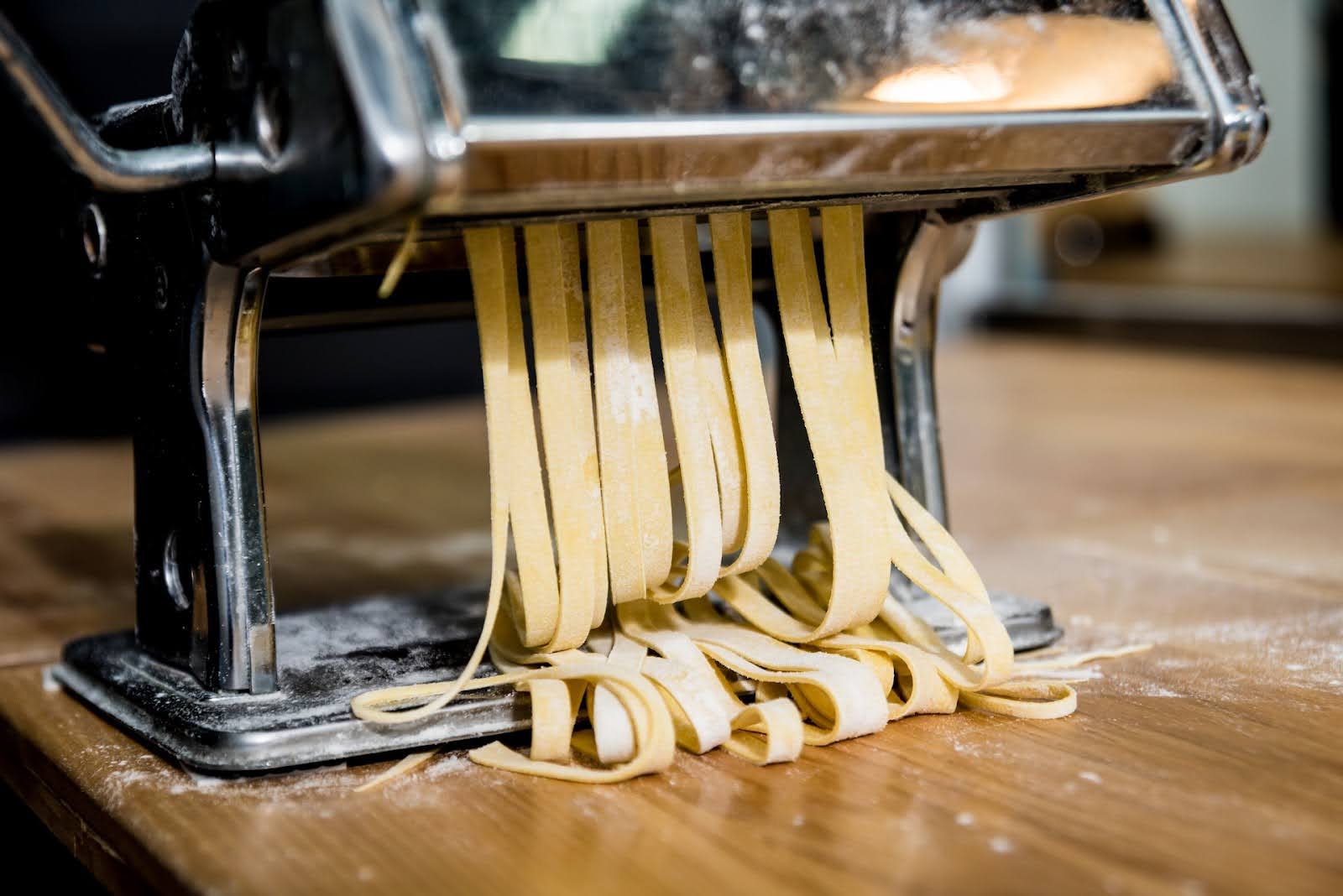
| Country & Zone | Key Advantages | Strategic Benefits |
|---|---|---|
| Benin (GDIZ) | 10-year tax holidays, customs-free exports, developed by Arise IIP | Proximity to West African markets and ports |
| Gabon (GSEZ) | Zero VAT on exports, renewable energy, circular economy principles | Recognized as "SEZ of the Year" in 2022, certified green infrastructure |
| Côte d'Ivoire (PEIA) | 5–10 years corporate tax exemption, simplified licensing, skilled workforce | Rapidly growing food-processing hub |
| Nigeria (IPR) | Leading wheat producer, improving business environment | Large domestic market, government-backed wheat R&D |
| Egypt | Strong processing infrastructure, access to MENA and European markets | Ideal for joint ventures and capacity expansion |
| South Africa | Established processing infrastructure, connectivity to SADC countries | Opportunities for technology transfers and scaling |
Arise IIP (Integrated Industrial Platforms) plays a central role in unlocking Africa’s industrial potential. Operating in over 12 countries, Arise designs and manages state-of-the-art Special Economic Zones (SEZs) that reduce the friction of doing business in emerging markets. The platform bridges government collaboration and private sector investment by handling land acquisition, regulatory approvals, utilities and logistics—all through a single integrated system.
For investors, this translates to lower entry barriers and faster time-to-market. The SEZs under Arise offer end-to-end support, including power, water, warehousing, customs facilitation and real-time monitoring. According to Arise IIP’s latest annual report, over $2 billion in foreign direct investment (FDI) has been mobilized through these zones since 2018. Moreover, the SEZs are aligned with international standards, featuring environmental certifications such as ISO and IFC EDGE. This ensures that investors get world-class facilities while complying with global ESG expectations.
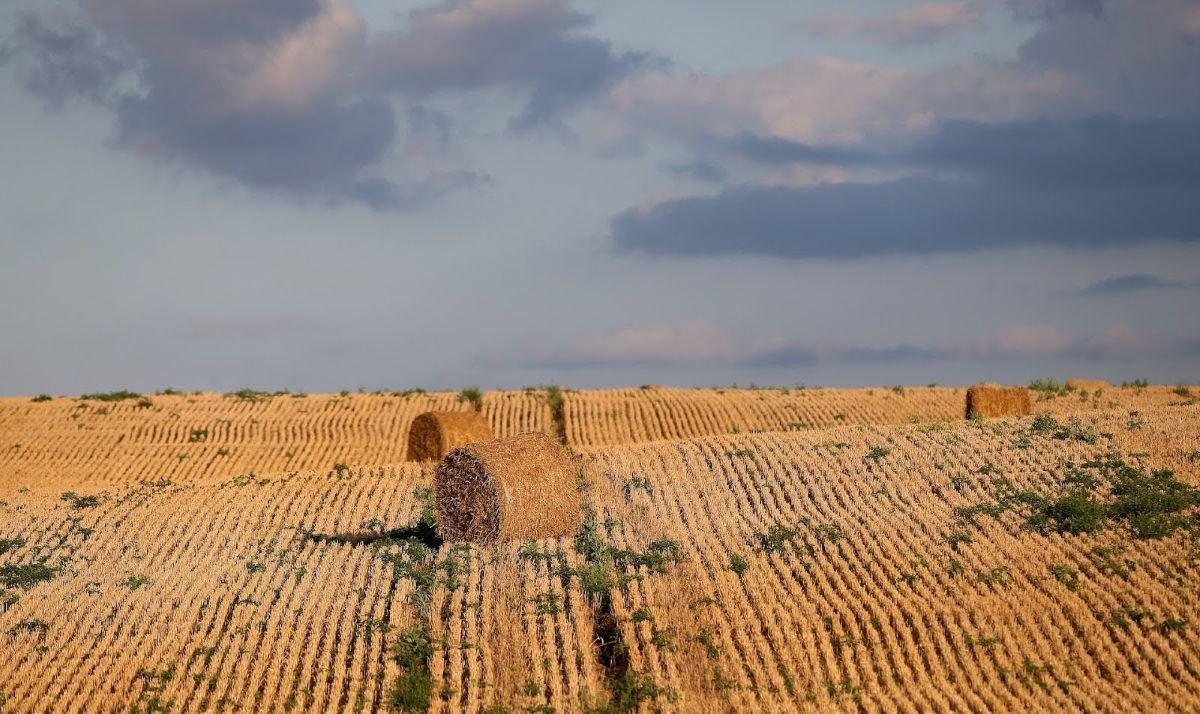
Sustainability is no longer a nice-to-have; it is a critical component of any modern food production business. Africa is not only embracing this trend but setting new benchmarks. One of the most promising developments is the cultivation of climate-resilient wheat across Senegal, Mali and Mauritania. With support from Italian research institutions and companies like Olam, West Africa is now growing durum wheat varieties that are well-suited to local climates while maintaining the quality standards necessary for pasta production.
The infrastructure within Arise IIP's industrial zones is also eco-forward. For instance, the GSEZ in Gabon runs primarily on renewable energy, incorporates efficient water recycling systems and ensures over 70% of solid waste from factories is recycled or repurposed. These zones are designed around circular economy principles that minimize environmental impact and reduce carbon emissions compared to traditional processing zones in Europe or Asia. Additionally, local sourcing of raw materials means significantly lower transportation emissions, further bolstering Africa’s credentials as a green production powerhouse.
Africa isn’t just catching up—it’s stepping into its own spotlight.
With rich soil under its feet, bright minds at work and bold visions in motion, the continent is quietly but confidently rewriting the future of pasta production. Where others see rising costs and dwindling yields, Africa sees fertile ground, fresh opportunity and a chance to nourish the world—sustainably and smartly.
Investor-friendly zones like those developed by Arise IIP aren't just industrial spaces—they’re ecosystems of possibility, where innovation meets purpose and businesses grow alongside communities.
At a time when the world is searching for supply chain resilience, climate-smart practices and real impact, Africa offers all three—backed by data, driven by potential and rooted in hope.
The gap left by traditional pasta giants isn’t just an opening in the market—it’s a chance to invest in something far bigger: a thriving, sustainable future where Africa leads from the ground up. And that future is already rising, one golden grain at a time.
#InvestInAfricaNow
Choose the best investment opportunities and set up your business in Africa's world class industrial zones today, securing a prominent position in the global market.
Get in touch with our Africa investment specialists or support team and expand your business in Africa today!
Q1: What is the current size and growth rate of Africa's pasta production industry?
As of 2024, Africa's pasta production stands at approximately 1.2 million metric tons, with a compound annual growth rate (CAGR) of 4.5%.
Q2: Which African countries are leading in pasta production and investment opportunities?
Countries like Nigeria, Benin, Gabon, Côte d'Ivoire, Egypt and South Africa are at the forefront, offering various incentives, infrastructure and strategic advantages.
Q3: What kind of incentives do African governments or zones offer to attract pasta production investments?
African governments and SEZs offer a variety of investor-friendly incentives, including corporate tax holidays (ranging from 5 to 10 years), customs duty exemptions, zero VAT on exports and expedited business licensing. For example, Benin’s GDIZ offers a 10-year tax holiday and simplified export procedures, while Gabon’s GSEZ provides zero VAT and green infrastructure backed by renewable energy. Côte d’Ivoire’s PEIA zone ensures quick setup with skilled local labor and flexible tax structures.
Q4: How does infrastructure in African SEZs compare with traditional manufacturing zones in Europe or Asia?
Many African SEZs, particularly those developed by Arise IIP, now match or exceed global standards. Zones such as GSEZ (Gabon) and GDIZ (Benin) are fully integrated with logistics hubs, renewable energy grids, waste recycling systems, real-time tracking and customs clearance support. These zones are also designed with circular economy principles, significantly lowering operational and environmental costs—offering a competitive edge over traditional, energy-intensive European or Asian facilities.
Q5: Are there any financing or co-investment opportunities for foreign investors in Africa’s pasta industry?
Yes, platforms like Africa For Investors (AFI) and Arise IIP facilitate co-investment models, joint ventures and offer structured investment pipelines with local governments. Several investment banks, development finance institutions (like AfDB, IFC) and private equity players are actively funding agro-processing projects.
recommended topics
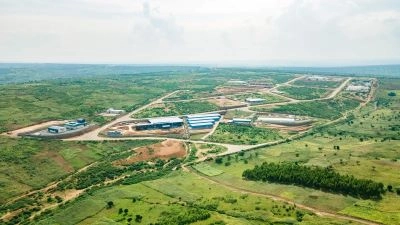
Discover prime locations across Africa for lucrative investment opportunities and strategic growth.
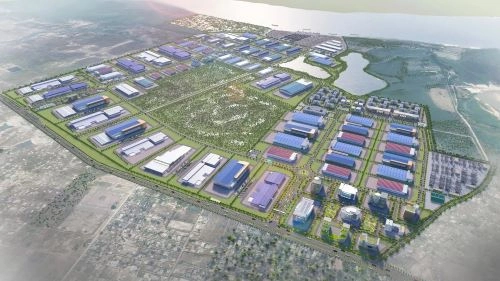
Explore key investment zones in Africa that offer strategic advantages and economic benefits.
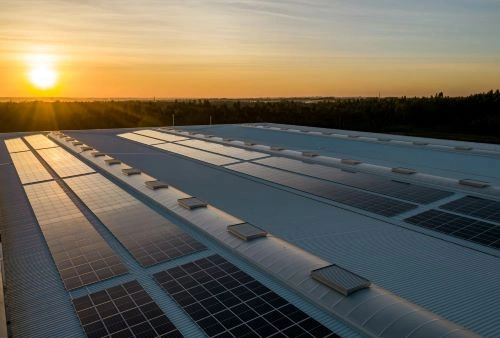
Uncover the best investment opportunities in Africa to maximize your business potential.
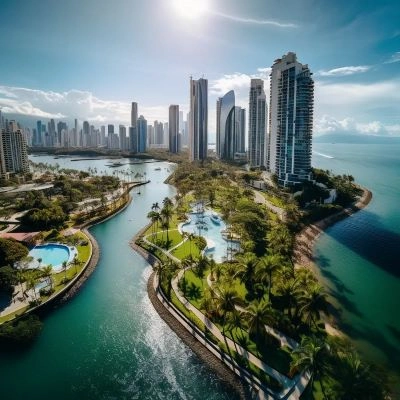
Identify the most promising sectors in Africa for high returns and sustainable investments.
Compare
Dear investor, please compare similar category items- either Locations or Opportunities.
*Already subscribed.
*Enter your name/email.

Sign up for exclusive investment alerts.
Already subscribed? Skip
Thank You For Subscribing to
Africa For Investors.

You will be redirected to AFI’s Linkedin Profile in 10 seconds.
Stay On AFI Website